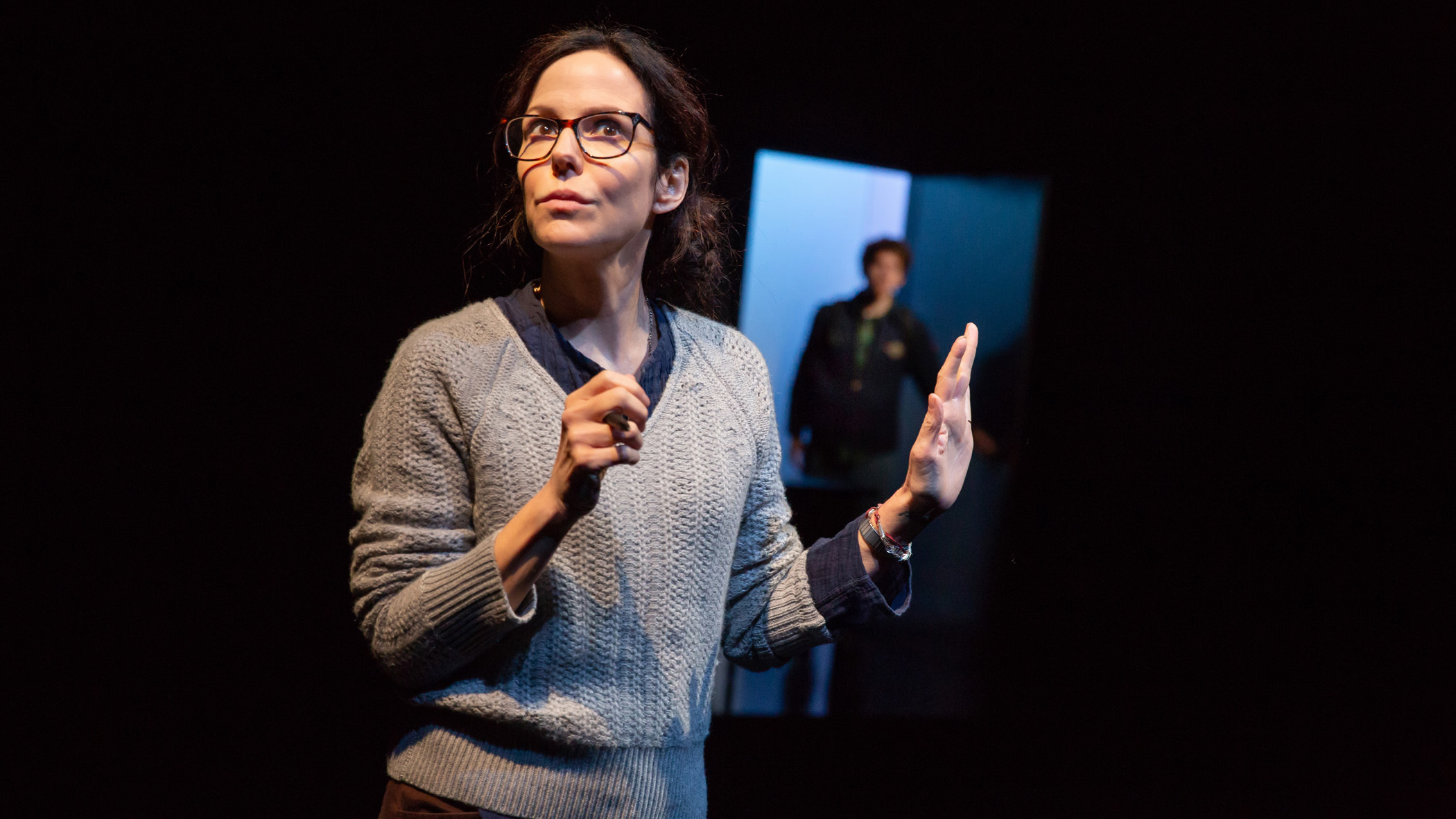
In Fried Green Tomatoes, Idgie Threadgoode often captures the audience’s attention with her wild spirit and defiant energy, but the character of Ruth Jamison is equally essential to the heart of the story. Where Idgie is fire, Ruth is calm. Where Idgie rebels loudly, Ruth resists quietly. And yet, Ruth’s personal transformation — from a passive Southern lady to a woman who makes radical choices in the name of love and survival — is one of the film’s most poignant and powerful arcs.
This article delves into the character of Ruth Jamison, exploring how she embodies quiet strength, resilience, and a form of rebellion that’s all the more courageous for being understated. Her story highlights the emotional costs of conformity, the liberating power of chosen family, and the enduring force of love between women.
Ruth’s Introduction: A Woman Bound by Convention
When Ruth is first introduced in Ninny Threadgoode’s recollections, she fits the mold of a perfect Southern belle — polite, pretty, and devout. Raised in a conservative Christian household, Ruth has internalized the expectations placed upon her: marry well, serve her husband, and remain virtuous. But beneath her smile lies a woman trapped in an emotionally and physically abusive marriage.
Her husband, Frank Bennett, is not only controlling but dangerous. Yet Ruth’s sense of duty and societal shame keeps her silent. Her suffering, like that of many women in similar circumstances during the early 20th century, is largely invisible to those around her.
The film treats Ruth’s pain with delicacy, never sensationalizing her trauma but allowing viewers to feel its weight. Her silence, her longing glances, and her subdued manner reveal a woman who is enduring — not weak, but surviving.
A Turning Point: Choosing Freedom and Idgie
The turning point in Ruth’s life — and arguably in the film — occurs when she finally makes the decision to leave Frank Bennett. Encouraged and supported by Idgie, Ruth takes a monumental risk in a time when women rarely left their husbands, especially in small Southern towns where gossip could destroy reputations.
Her decision is not framed as dramatic or rebellious; it is practical, grounded in maternal protection and emotional truth. She does it not only for herself but for her son, Buddy Jr. Ruth’s strength is displayed not through confrontation but through action — she packs her bags and walks away.
Moving into the Whistle Stop Café with Idgie marks the beginning of her new life. There, Ruth reclaims agency over her time, labor, and body. She works, raises her son, and engages in a partnership of deep emotional — and possibly romantic — intimacy.
Ruth and Idgie: A Love That Dares Not Speak Its Name

Though the film never explicitly labels Ruth and Idgie’s relationship as romantic, the emotional cues, body language, and shared life they build together suggest a love that transcends friendship. For Ruth, this bond represents healing. In Idgie’s acceptance, she finds peace. In their home, she finds refuge.
Their relationship is tender, filled with mutual respect and unspoken understanding. In contrast to her marriage with Frank, which was rooted in domination and fear, Ruth’s life with Idgie is one of equality and care.
Ruth’s love is expressed in quiet acts: raising a child together, running a business side by side, sharing meals, and exchanging meaningful glances. It’s a love that doesn’t demand center stage — it simply exists, strong and steady, against the backdrop of a judgmental world.
Strength in Softness: Feminine Power Redefined
Too often in film, strength is portrayed through aggression, physical dominance, or loud defiance. Ruth Jamison challenges this notion. Her power lies in her emotional depth, patience, and ability to endure hardship without losing compassion.
She forgives, nurtures, and leads by example. When others despair, Ruth offers hope. When Idgie is reckless, Ruth provides balance. Her softness is not weakness — it is a form of resilience shaped by years of pain and learning.
This portrayal broadens the definition of feminist strength. It reminds us that women like Ruth, who live within the margins of tradition and quietly push against it, are no less revolutionary than their louder counterparts.
Motherhood and the Creation of Chosen Family
One of Ruth’s most defining roles is that of a mother — not just to Buddy Jr., but in many ways, to the Whistle Stop community. Her warmth, steadiness, and moral clarity help create a safe, loving environment where outsiders are welcomed and dignity is shared.
Her concept of family is not confined to blood relations. With Idgie, Sipsey, and Big George, Ruth helps form a household that reflects chosen kinship, mutual support, and equality. In this way, she rejects the toxic, patriarchal family structure she escaped and replaces it with one rooted in care and justice.
This chosen family is revolutionary, especially given the racial and gender norms of the 1920s South. Ruth’s quiet embrace of this unconventional unit further cements her role as a transformative figure.
Ruth’s Legacy: Living Beyond the Limits Imposed
Ruth’s life is cut short by illness, but her legacy lives on — in her son, in Idgie’s grief, and in the community she helped build. Her death is one of the film’s most emotional moments, and yet it is not a tragedy of wasted life. Ruth lived fully in her final years. She loved, laughed, and liberated herself.
Even in death, she inspires action. Her memory fuels Idgie’s strength, just as her story inspires Evelyn Couch to reclaim her own life. Ruth’s quiet rebellion echoes across generations, reminding women that there is power in leaving, in choosing love, and in building a life on one’s own terms.
Conclusion: Ruth Jamison as a Feminist Heroine
Though she may not fit the traditional mold of a feminist icon, Ruth Jamison is one of the most quietly radical characters in Fried Green Tomatoes. Her decision to escape abuse, live authentically, and build a loving home with Idgie is a powerful statement of self-worth and resistance.
She teaches us that revolution can take many forms — sometimes it’s a loud protest, and sometimes it’s the whisper of a woman packing her suitcase in the dark.
Ruth Jamison may not shout, but she speaks volumes. And in doing so, she becomes a beacon for anyone who has ever dared to believe that a better life is possible.
